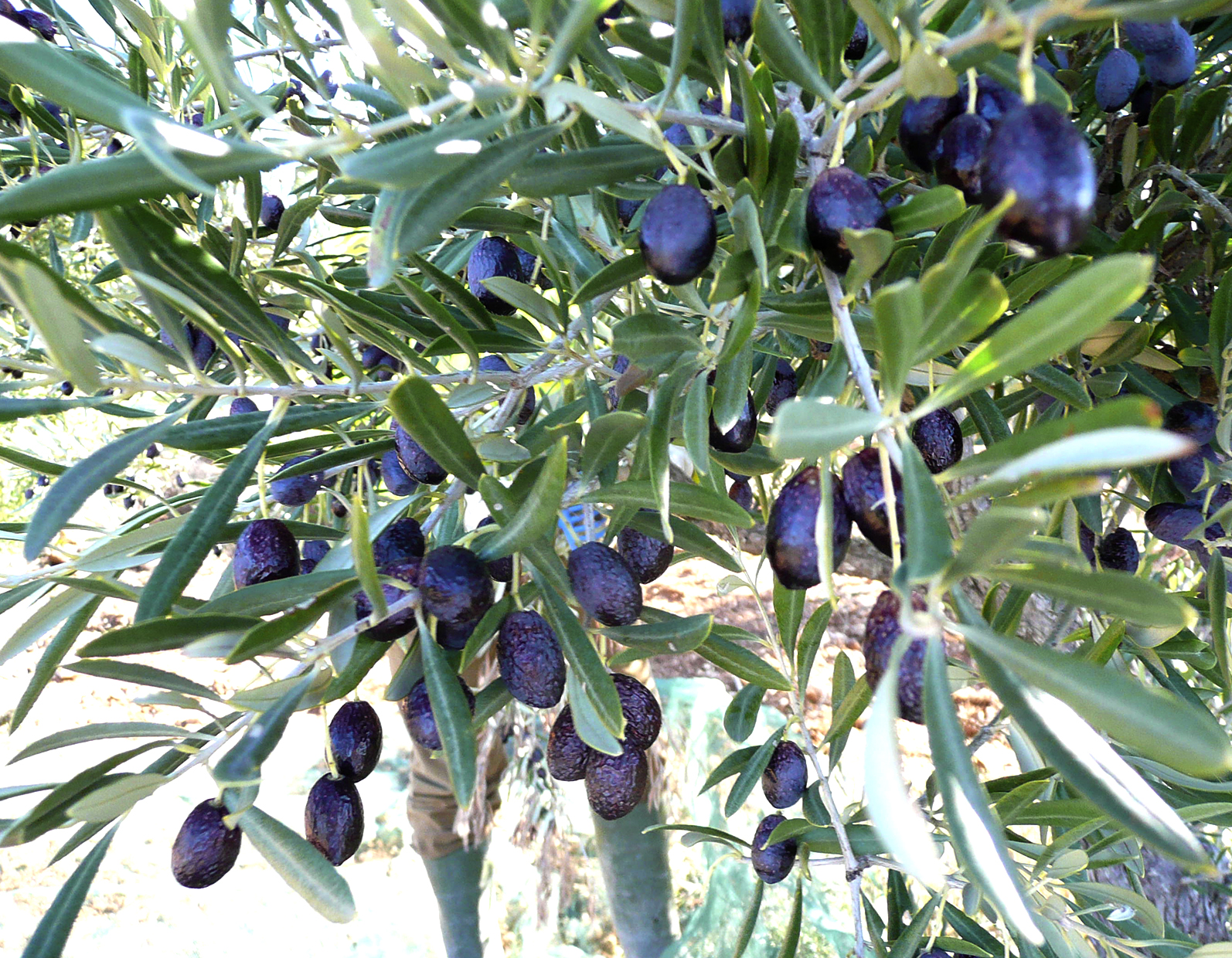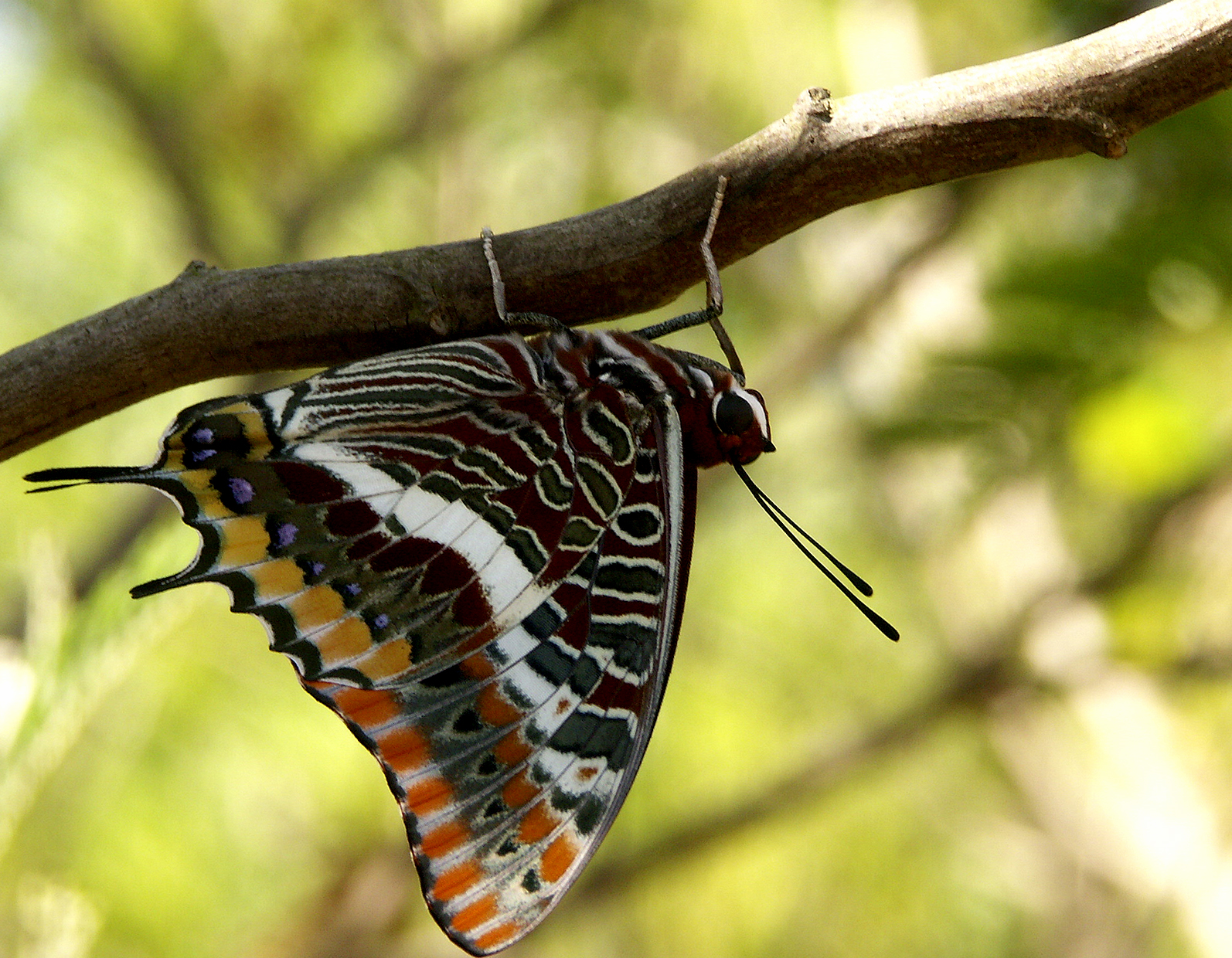
The year 2014 is marked internationally by the celebration of the World Parks Congress from 12 to 19 November. Experts, managers, governments and NGOs will meet in Sydney (Australia) to discuss the current status and challenges of protected areas in the world.
The IUCN Centre for Mediterranean Cooperation has already begun working with the French, Italian and Spanish governments to present at the World Parks Congress in Sydney a regional initiative with the IUCN Green List of Protected Areas.
In relation to ecotourism in protected areas, IUCN-Med will keep moving forward within the MEET project to expand the network of Mediterranean Experience en Ecotourism.
Another line of work to offer first results in 2014 will be the Red List of Ecosystems. Within the project POCTEFEX-TRANSHABITAT, it is expected that the Red List of Ecosystems in Morocco will be finalized. In the same area, IUCN-Med staff will also participate in the development of the Red List of Ecosystems in Europe which is coordinated by the IUCN office in Brussels.
The Mediterranean programme will continue the various open lines of work, such as the development of Red Lists of Threatened Species for anthozoans, seagrasses, saproxylicand dung beetles, and monocotyledon plants in the Mediterranean; and the preparation of an Atlas of seagrasses in Spain in collaboration with the various Spanish regional governments.
The project on Key freshwater biodiversity areas in the Mediterranean is expected to be completed in 2014.
Support will equally continue for the development of National Action Plans of the Great Bustard in Morocco, the macaque in Algeria and the Barbary sheep in Tunisia, as well as a transnational conservation strategy for the Cuvier’s gazelle in the Maghreb.
Within the Mediterranean marine programme, several reports focusing on the legal, policy and institutional framework to strengthen the process of creation and management of marine protected areas in Adriatic countries, Montenegro, Croatia, Bosnia-Herzegovina, and North Africa are being finalised in 2014.

The Centre will assist RAC / SPA in the assessment of priority areas such as Alboran, the Strait of Sicily and the Adriatic.
On the other hand, two projects; Life+ Posidonia Andalucía and POCTEFEX-Alboran, will end this year, and have their results available in mid-2014.
Other current initiatives include the further improvement of an online platform and Smartphone app called MedMIS as a tool for managers of marine protected areas to help identify and monitor the presence of invasive non-native species in Mediterranean marine protected areas.
Two significant projects are starting in 2014 for North Africa.
The objective of the Small Initiatives Programme for Civil Society Organizations in North Africa is to strengthen the technical, administrative and financial capacity of CSOs in the four North African countries (Algeria, Libya, Morocco and Tunisia). In the short-term they will be able to develop specific field initiatives, and in the longer term, contribute to the implementation of strategies and national actions plans for conservation and enhancement of biodiversity, sustainable management of natural resources, and mitigation of negative climate change effects.
The second Project is related to the promotion of the Value of Key Biodiversity Areas through the participation of civil society organizations in the conservation and management of natural resources in four countries in North Africa.
Preparations for the organization of the first Congress for Nature Conservation in North Africa, scheduled to take place in the first half of 2015, are also under way.
The Management of IUCN-Med will work on expanding and strengthening relations with governmental Members and key international and regional institutions in the Mediterranean: the Barcelona Convention, the Union for the Mediterranean, ACCOBAMS, the General Fisheries Commission for the Mediterranean, the Union for the Maghreb Arab and MedPAN. A new Protocol of Collaboration 2015-2020 is being negotiated with the Spanish institutions that support the Centre. The diversification of funding sources will be sought with the aim of consolidating the basic operating funds for the office. Additionally, increased collaboration with the IUCN European Programme will be pursued.
